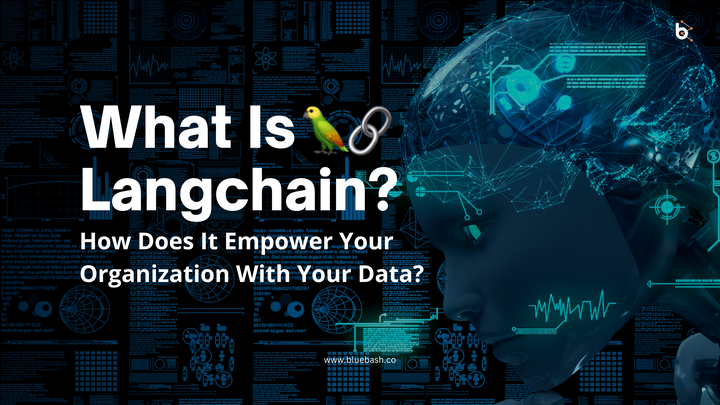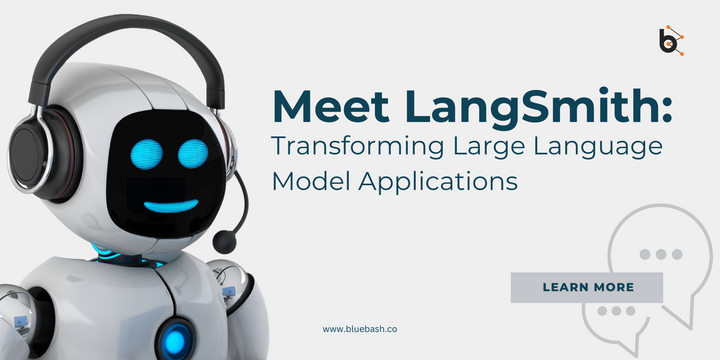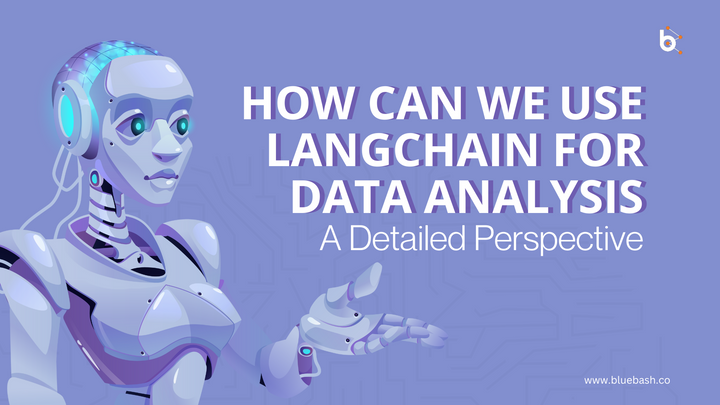How Enterprises Are Using Agentic AI to Optimize Complex Workflows?
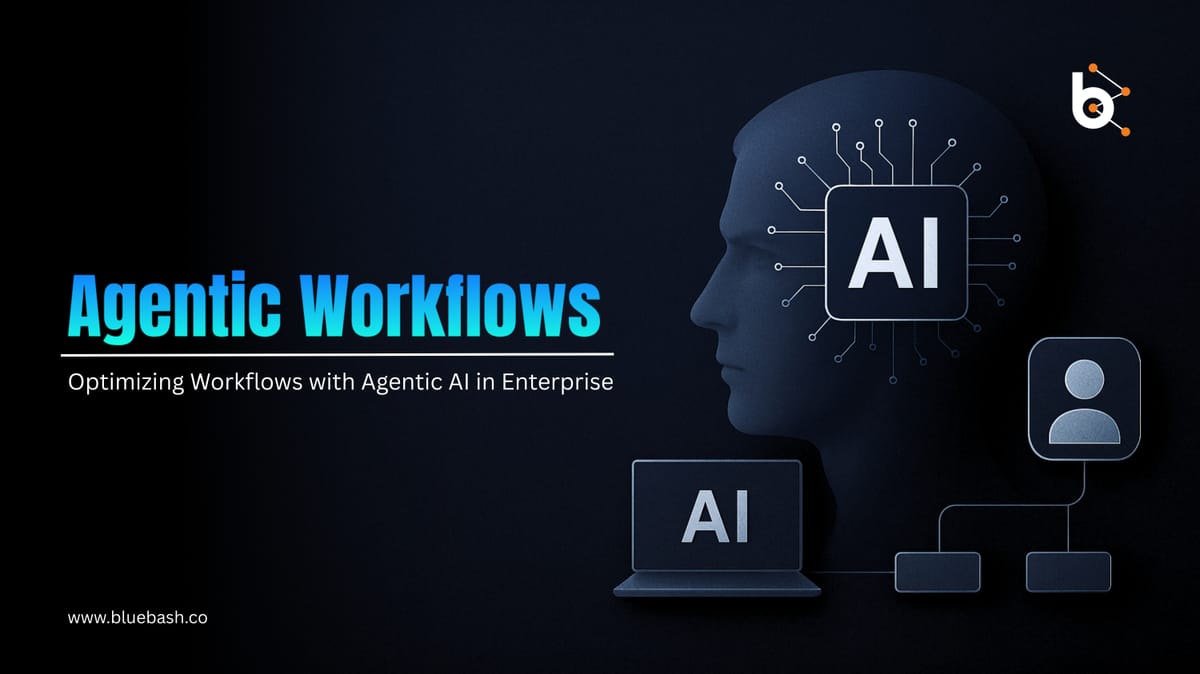
In today’s hyper-competitive digital landscape, enterprises are constantly seeking ways to streamline operations, reduce costs, and boost agility. Traditional automation solutions, while effective to an extent, often fall short when faced with dynamic, multifaceted business environments. This is where Agentic AI in enterprises emerges as a transformative force—bridging the gap between static automation and truly adaptive, intelligent systems.
With the rise of AI workflow automation in enterprises, Agentic AI is revolutionizing how organizations approach complex workflows, from IT operations to customer service, logistics, and even strategic decision-making. In this blog, we’ll explore how Agentic AI for workflow optimization is reshaping enterprise operations, driving intelligent automation, and unlocking new levels of performance.
What Is Agentic AI?
Agentic AI are those AI systems that are powered by autonomy, flexibility, and situational capability. In comparison to strictly defined automation scripts or rule-based bots, AI agents act as virtual team members. They are able to see their surroundings, interpret tasks, make judgments and make moves, frequently in a variety of software systems and organizational aspects.
Such smart agents are not merely reactive, but are proactive problem solvers. This means that they are very well tailored in measures that optimize workflows with variable inputs, varying conditions, and multiple levels of dependencies, which arise in large-scale enterprises.
The Need for Intelligent Workflow Automation
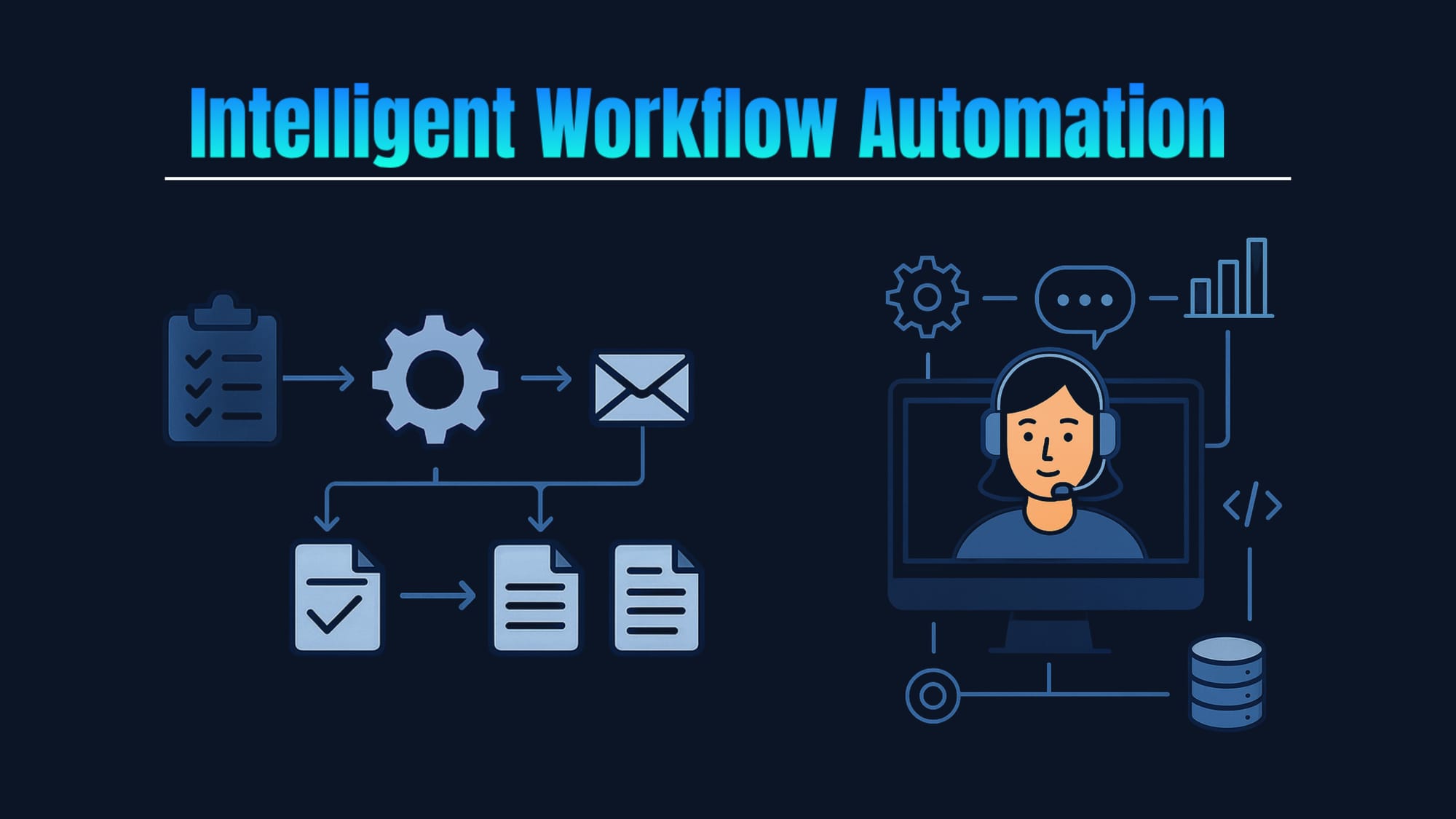
Modern enterprises deal with a staggering amount of complexity. Supply chains span continents. Regulatory landscapes shift rapidly. Customer expectations evolve in real-time. In such an environment, traditional process automation quickly becomes brittle.
Intelligent workflow automation—powered by Agentic AI—brings much-needed flexibility and scalability to enterprise operations. It allows systems to:
- Adapt to new data inputs
- Collaborate with other software tools
- Resolve exceptions without human intervention
- Continuously learn and improve through feedback loops
The result? Greater operational efficiency, lower error rates, and faster decision cycles.
Key Use Cases: Agentic AI for Workflow Optimization in Enterprises
Let’s explore how real-world organizations are implementing agentic AI for workflow optimization across critical domains:
- IT Operations & Infrastructure Management
In big IT departments it may be a nightmare to keep it running, and a nightmare to answer the questions. Agentic AI automates incident response, system monitoring, root cause analysis and patch management.
An AI agent will be able to identify any anomalies in server performance on their own, create alerts, diagnose their likely causes and even automatically fix them all in real-time. Not only does this minimize downtimes, but also it leaves human engineers to concentrate on the strategic initiatives. - Customer Service & Support
Enterprises are increasingly deploying AI agents as first-line responders in customer support workflows. These agents:
- Integrate with CRMs and ticketing systems
- Handle complex queries
- Escalate to humans only when necessary
By optimizing ticket resolution and improving response times, businesses can enhance customer satisfaction while lowering support costs.
- Finance & Compliance
Agentic AI is ideal for automating workflows in finance departments where accuracy and timeliness are critical. Use cases include:
- Invoice processing
- Fraud detection
- Financial forecasting
- Compliance monitoring
An AI agent can scan financial documents, flag anomalies, reconcile records, and ensure compliance with ever-changing regulations—all without human oversight.
- Supply Chain Management
There are ample possibilities to apply AI to supply chains: keeping inventory, maintaining logistics, and interacting with vendors, to name a few. The agentic AI has the capability of tracking delivery information, identifying bottlenecks, and re-scheduling the shipments, and proactively communicating with the stakeholders during shipping in case there is a disruption.
This is an outstanding instance of an enterprise being automated through AI agents who build adaptable and responsive supplies chains. - HR & Workforce Management
AI agents are being utilized by HR units during onboarding, unification of payroll, recruitment, and also in performance analysis. Enterprises are streamlining operations within this system by lowering the overhead costs of the administrative part of this job, and making their experience as candidates top-notch like never before.
Benefits of Enterprise Automation with AI Agents
The move to AI agent for business process automation is more than a technological upgrade—it’s a strategic shift that delivers tangible enterprise-wide benefits:
- End-to-End Orchestration: AI agents can seamlessly connect and operate across multiple platforms—CRM, ERP, HRMS, and others—creating unified workflows that span departments and data silos.
- Real-Time Decision Making: Because they are context-aware, AI agents can assess new situations, evaluate outcomes, and make timely decisions, unlike traditional bots that rely on pre-defined triggers.
- Reduced Operational Costs: By minimizing manual intervention and preventing costly errors, Agentic AI helps enterprises lower overheads without compromising on quality.
- Accelerated Digital Transformation: With intelligent agents acting as force multipliers, organizations can achieve digital transformation in enterprises faster and more sustainably.
How Can Enterprises Use Agentic AI to Optimize Workflows?
The path to implementing Agentic AI begins with identifying high-friction workflows that involve:
- Repetitive tasks with frequent exceptions
- Interdepartmental dependencies
- Multi-system data orchestration
- Frequent delays or bottlenecks
Once identified, enterprises can leverage AI agent development services to design and deploy custom agentic solutions tailored to their needs. This typically involves:
- Process Mapping: Analyzing workflows to understand inputs, outputs, and edge cases.
- Agent Design: Creating agents with decision logic, learning capabilities, and integration hooks.
- Deployment & Monitoring: Launching agents in a controlled environment and tracking KPIs.
- Feedback Loop: Continuously improving agent behavior using real-world data and feedback.
By approaching this as an iterative process, enterprises can scale their AI footprint incrementally—gaining confidence and insights at each step.
Real-World Example: Insurance Industry Workflow Automation
A leading insurance company adopted Agentic AI to optimize its claims processing workflow. Before AI integration, claim approvals took 5–7 days on average. With intelligent AI agents in place, the system could:
- Extract data from scanned documents
- Verify policyholder information
- Check for potential fraud
- Initiate disbursement approval
The entire process was reduced to under 48 hours, with a 60% reduction in manual intervention. This not only improved customer satisfaction but also saved the company millions in operational costs.
Challenges & Considerations in Enterprise AI Agent Adoption
Although the advantages are evident, there is a list of obstacles that should be overcome by the enterprises:
- Data Privacy & Governance: Data delegated to AI agents can be very sensitive. Companies will be forced to implement data governance policies and security solutions capable of ensuring that the company is GDPR, HIPAA, and many other standards compliant.
- Explainability & Trust: An autonomous agent is more responsible, but their actions need to be traceable and explainable, particularly when it comes to such regulated fields as finance and healthcare.
- Integration Complexity: There are legacy systems in existence, which do not interact well with current APIs. AI agent solutions cannot be rigid and shall be restricted to flexibility and modularity.
Partnering with a trusted provider of AI agent development services can mitigate these risks and ensure a smoother transition.
Why Choose Bluebash for Agentic AI Workflow Automation?
As enterprises turn to agentic AI for workflow optimization, choosing the right partner is essential. Bluebash delivers smart, scalable AI solutions tailored for enterprise complexity.
- Deep Expertise in Agentic AI
We specialize in building adaptive, intelligent AI agents that integrate seamlessly with enterprise systems like ERP, CRM, and legacy software—driving true Business automation with AI agents. - End-to-End Development Services
From process discovery to deployment and support, our full-service model covers the entire AI agent lifecycle—empowering clients across finance, healthcare, logistics, and SaaS. - Proven Track Record
We’ve helped leading enterprises automate tasks like claims, logistics, and compliance—boosting efficiency and cost savings through AI workflow automation in enterprises. - Secure, Scalable, Enterprise-Ready
Bluebash prioritizes data security, regulatory compliance, and system scalability—delivering enterprise-grade agentic AI for digital transformation in enterprises.

The Future of Agentic AI in Enterprises
As enterprises continue to digitize operations and embrace AI-first strategies, the role of Agentic AI will only expand. Innovations in natural language understanding, dynamic memory, and reasoning capabilities will make AI agents even more capable and collaborative.
We can expect a future where AI agents:
- Take part in executive-level decision-making
- Collaborate with humans as trusted copilots
- Continuously learn from organizational data and optimize entire value chains
In other words, Agentic AI won’t just optimize workflows—it will redefine how enterprises function.
Conclusion
The future of enterprise operations hinges on agility, intelligence, and automation—and agentic AI in enterprises is making that possible today. By enabling systems to reason, act, and adapt in real time, agentic AI for workflow optimization is transforming how businesses manage complex processes. From IT and customer service to finance and logistics, enterprises that embrace AI workflow automation gain a strategic edge in efficiency, accuracy, and scalability.
At Bluebash, we specialize in building tailored AI agent solutions that drive meaningful results across industries. With our proven expertise in enterprise automation with AI agents and a deep commitment to innovation and compliance, we help organizations automate intelligently—not just faster. Whether you're starting with one process or planning a full-scale digital transformation with agentic AI, Bluebash is your trusted partner in building scalable, secure, and future-ready automation solutions.
FAQ's
- What is Agentic AI in the context of enterprise workflow automation?
Agentic AI refers to autonomous, goal-driven AI agents capable of handling complex workflows across departments. These agents make real-time decisions, adapt to changing data, and automate end-to-end business processes. - How can enterprises benefit from agentic AI for workflow optimization?
Enterprises gain faster decision-making, reduced manual effort, and scalable automation. Agentic AI boosts efficiency by integrating with multiple systems and continuously optimizing workflows. - What are ideal use cases for AI workflow automation in enterprises?
Agentic AI is ideal for IT operations, customer service, finance, HR, and supply chain workflows—especially those involving repetitive tasks, exceptions, or cross-departmental dependencies. - What challenges should businesses consider when adopting agentic AI?
Common challenges include data privacy, legacy system integration, and ensuring agent decisions are transparent and compliant. A trusted AI development partner can help navigate these. - Why choose Bluebash for enterprise automation with AI agents?
Bluebash offers expert-driven, secure, and scalable AI agent development services tailored to your business. We ensure intelligent workflow automation aligned with your digital transformation goals.

